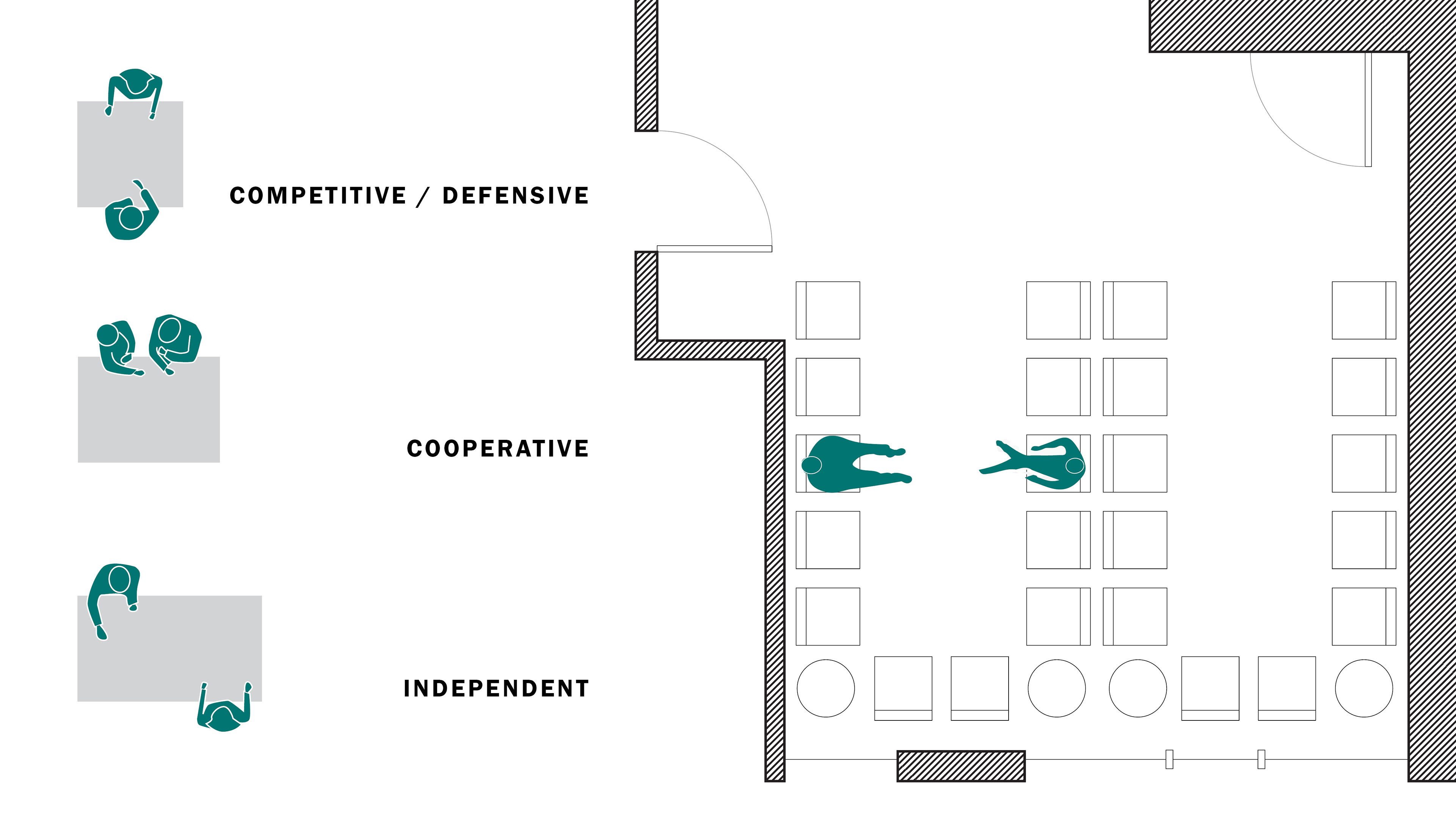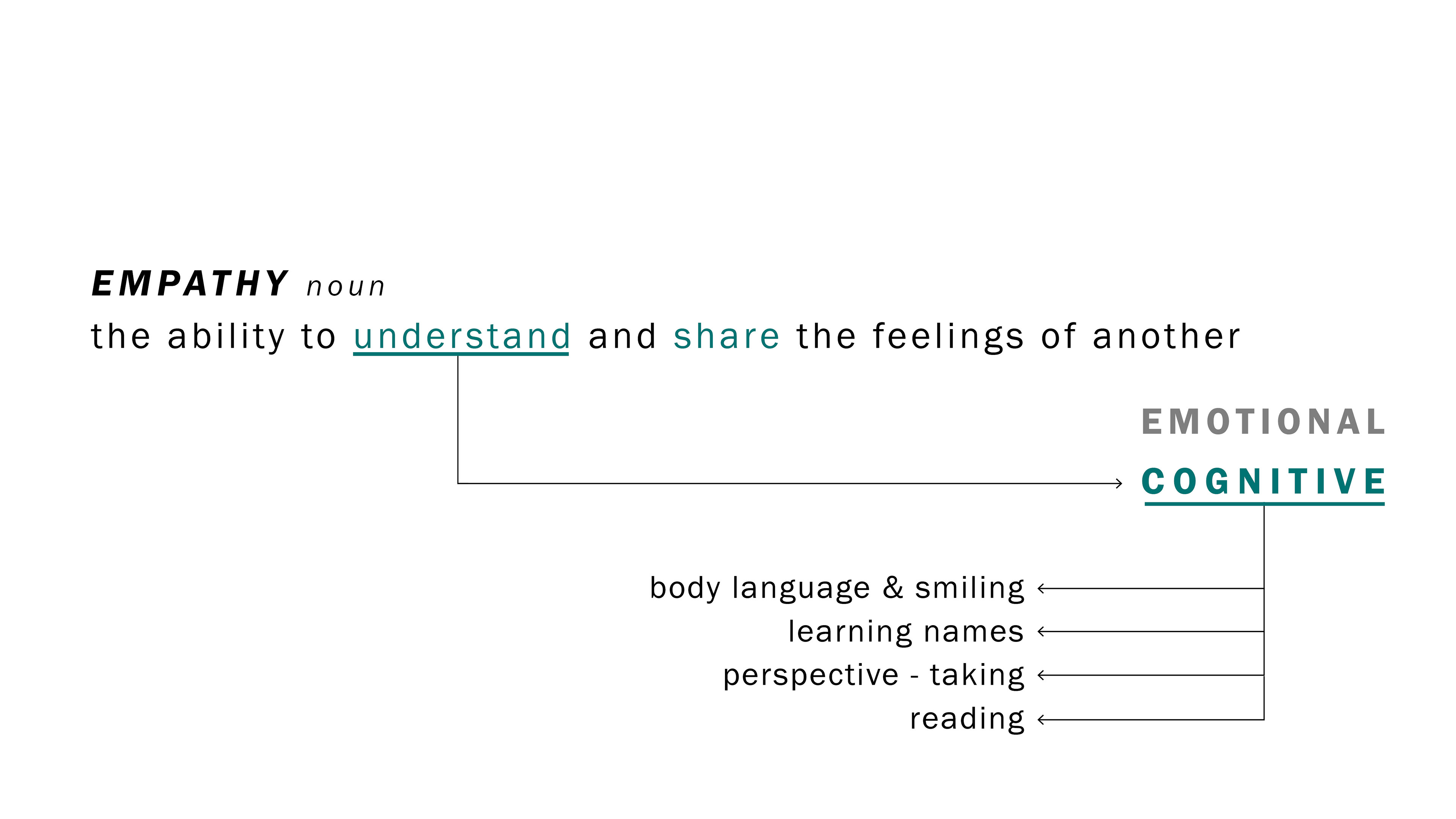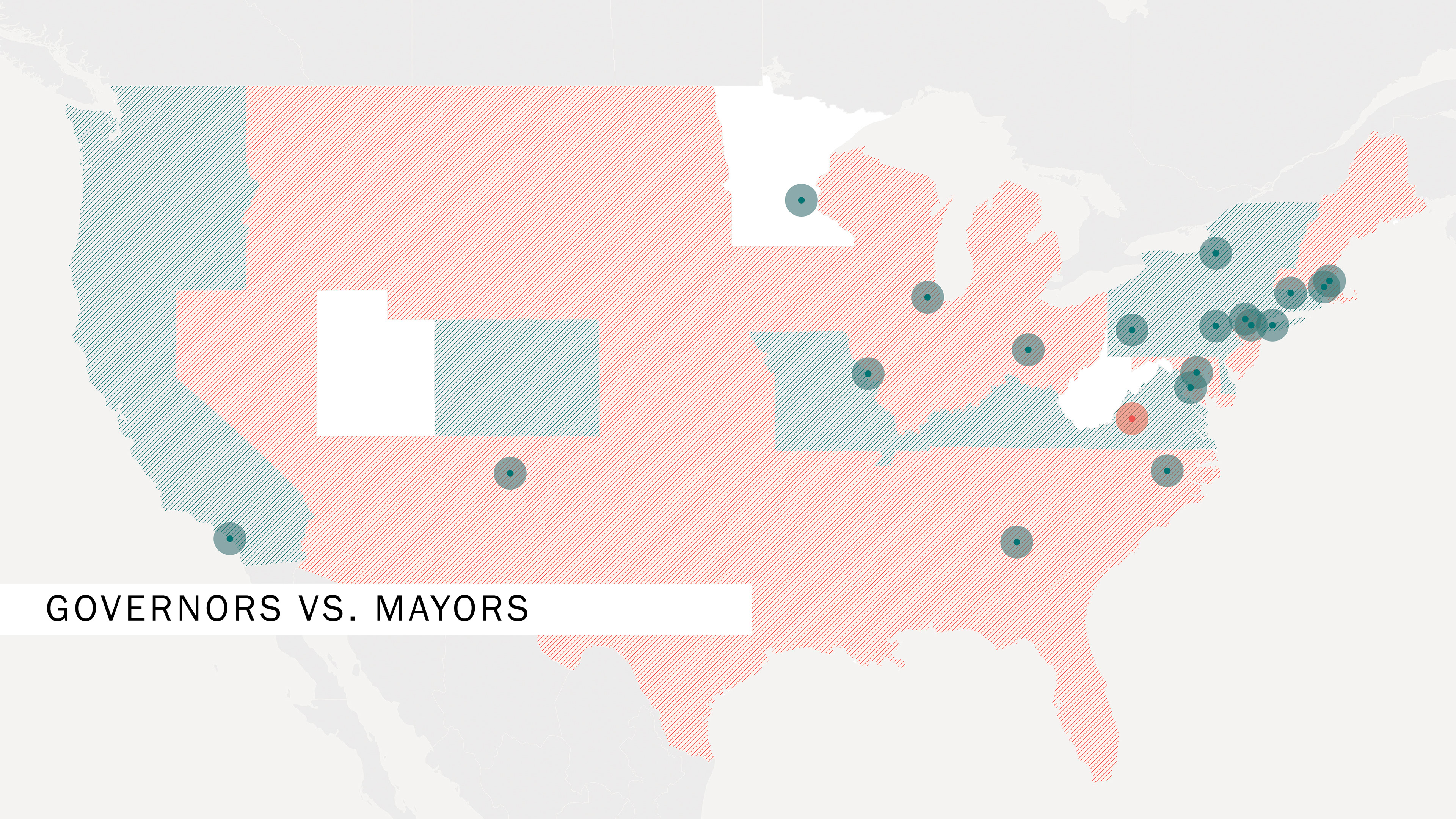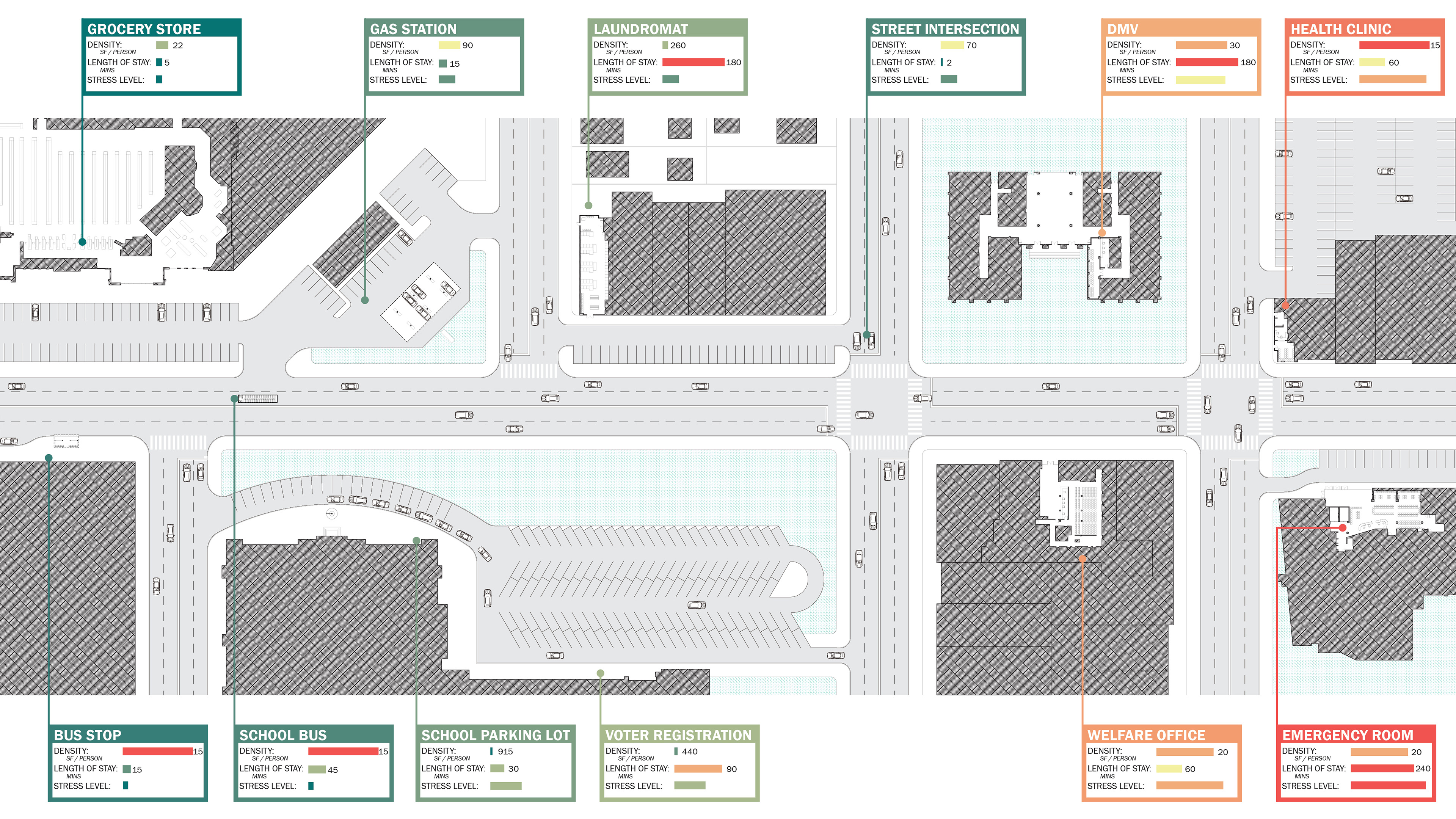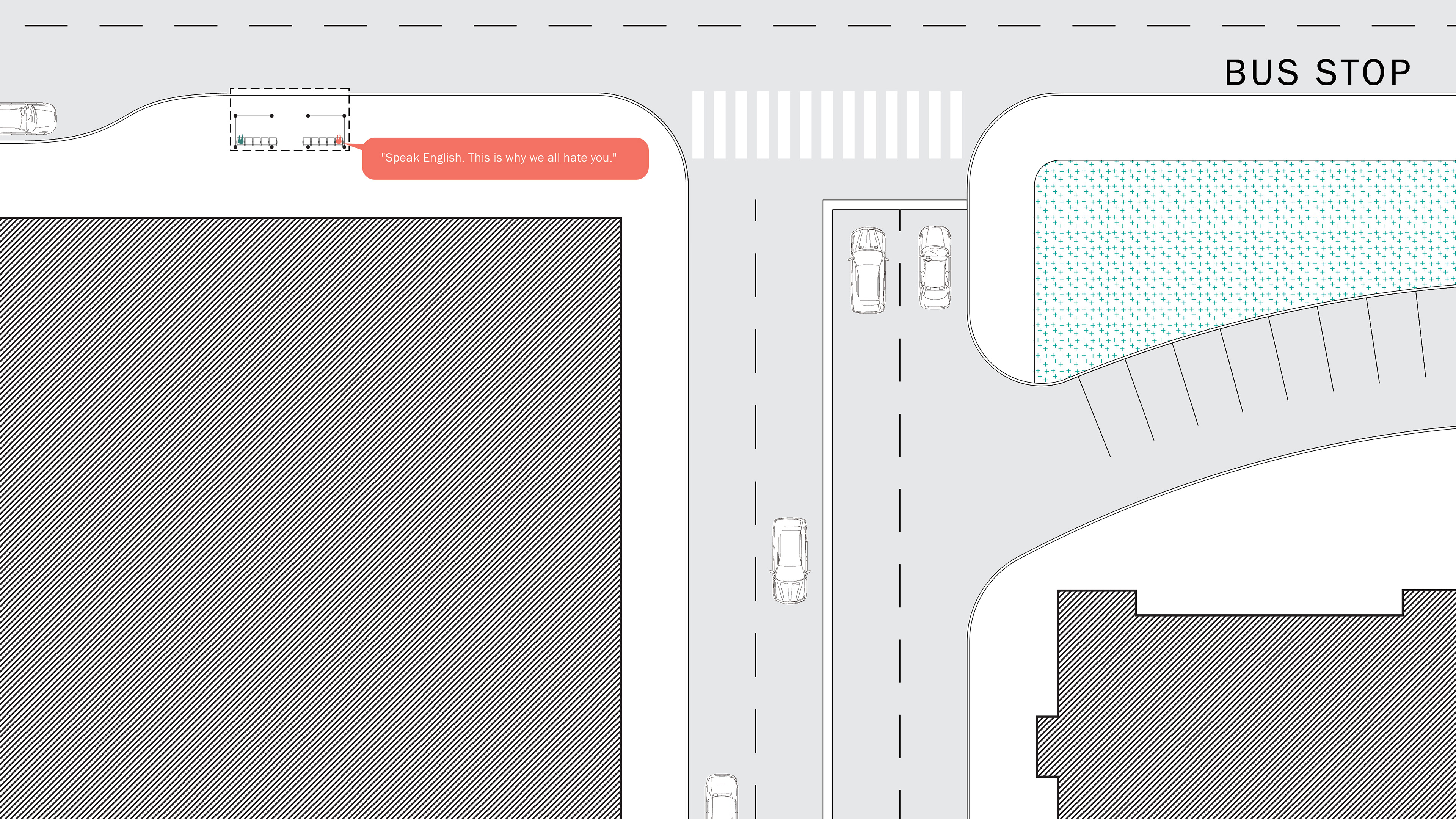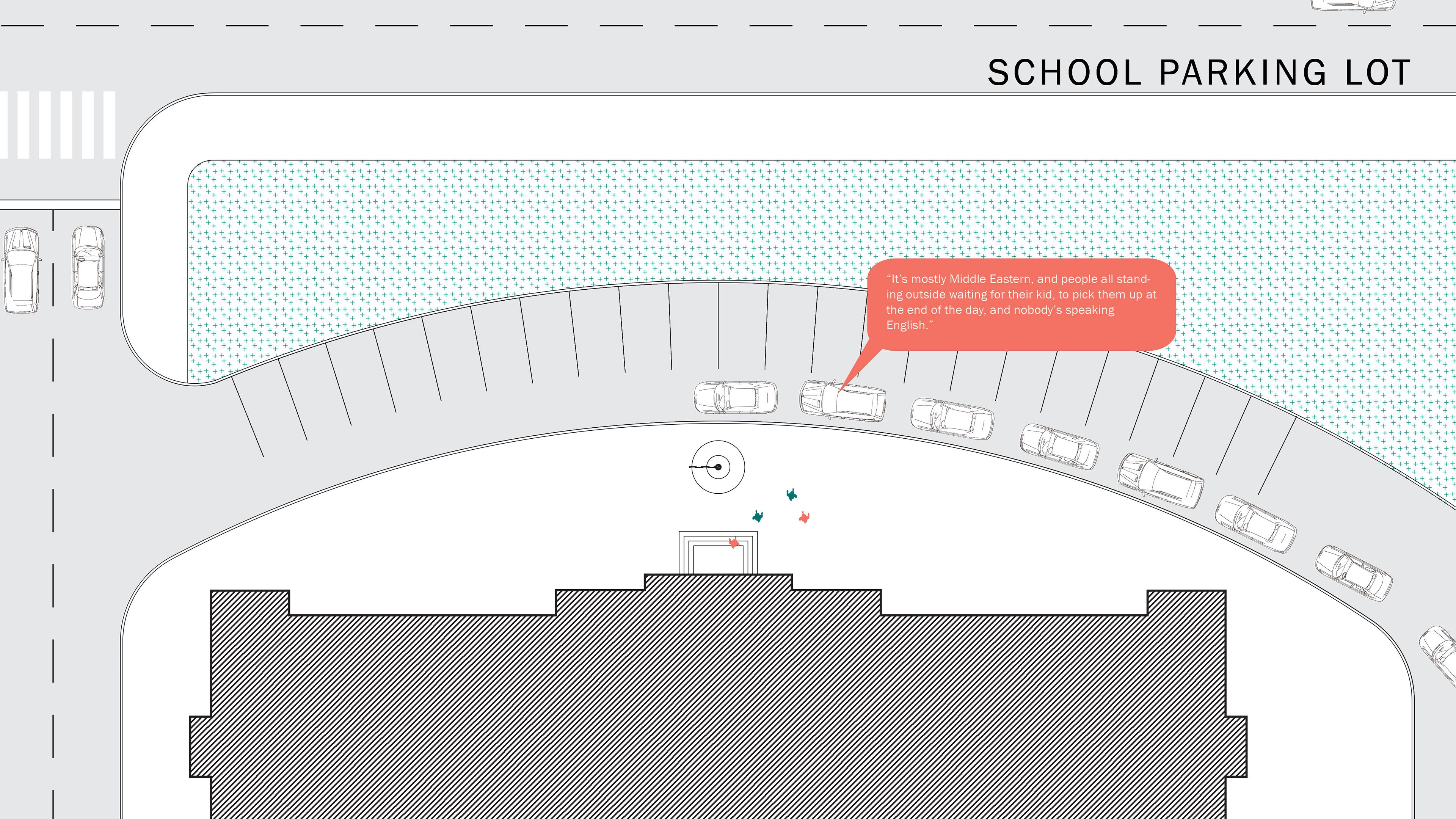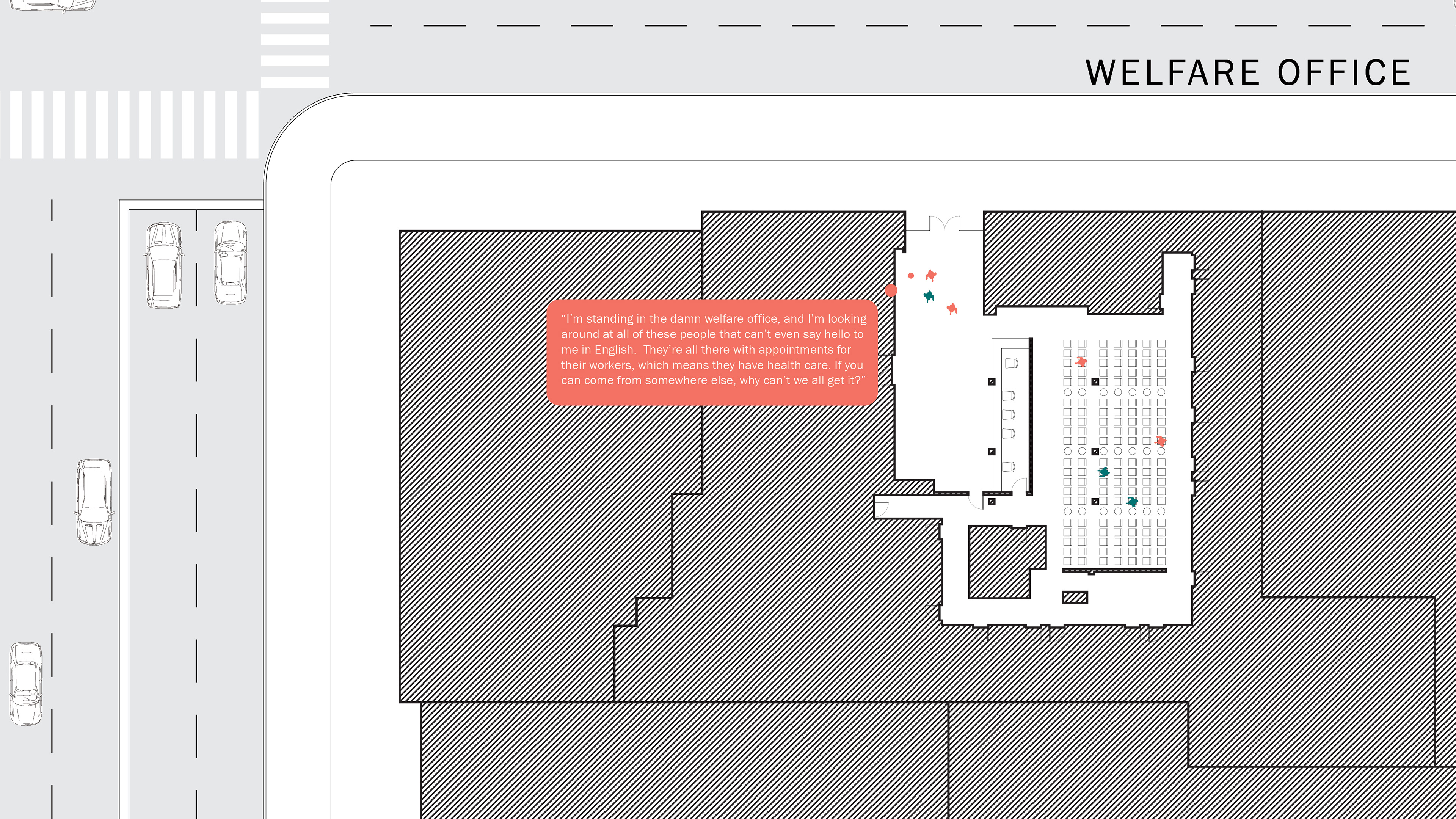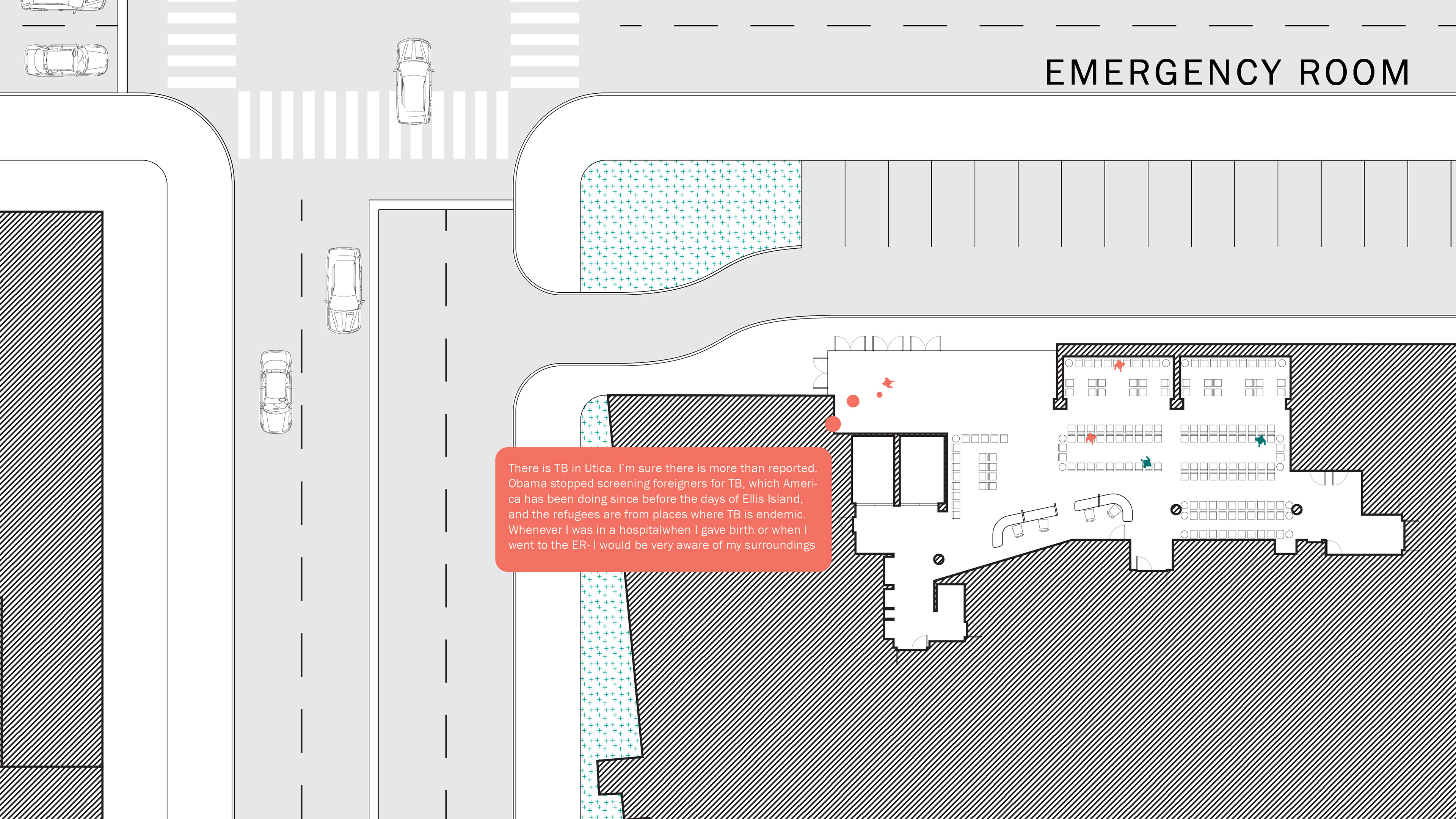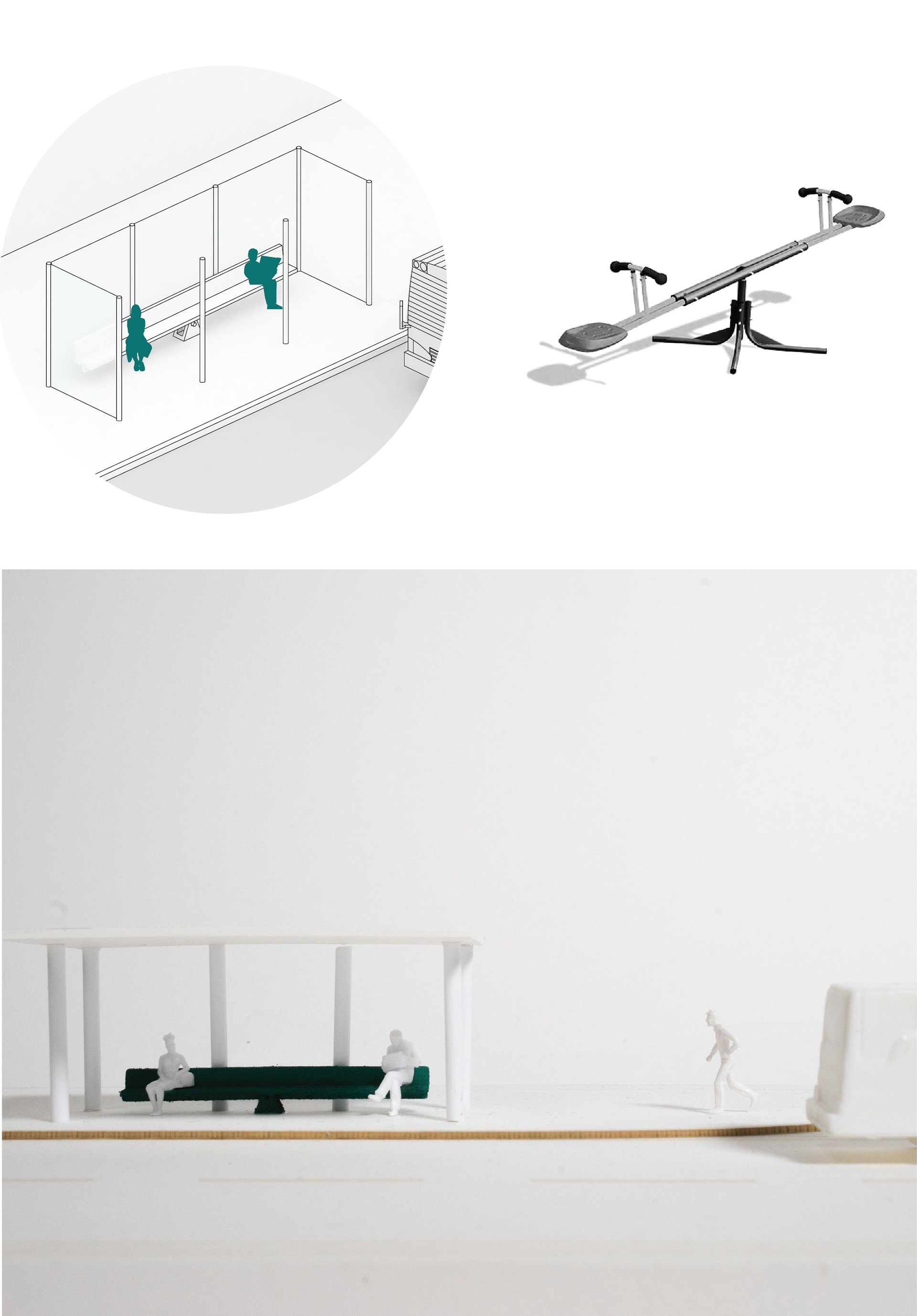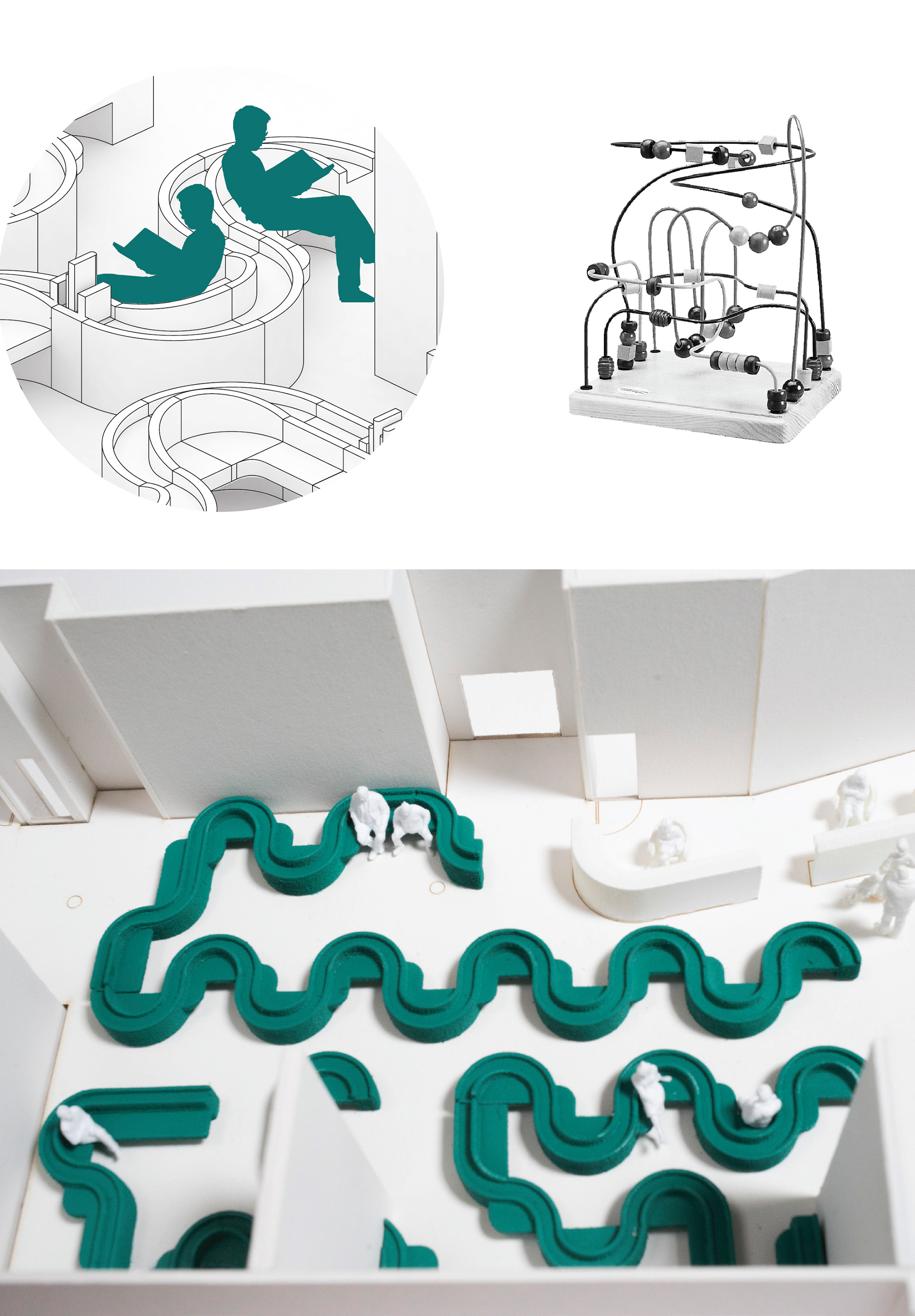Our country is currently facing an empathy drought. Faced with mass migration on an unprecedented scale, we have, as a nation, retreated from responsibility. While this is not exactly a surprising response given our track record, it is too easy to forget about the humans behind the statistics. Our brains are wired not to care about strangers, and stress worsens the situation - potentially shutting down our capacities for empathy entirely. If this condition is left untreated, we could find ourselves closing our doors to any and all refugees. These tensions are mostly being voiced through anonymous comment sections and gubernatorial decrees addressed to no one in particular, leaving it difficult to locate the actual spaces of confrontation.
Waiting rooms, with their inherently captive audiences, are intended to make people comfortable, but they often set up extremely adversarial social situations. This reinforces perceptions of competition for scarce resources and feeling on the losing end of a zero-sum game. This project challenges the banal comfort of the waiting room that allows you to disengage with your physical surroundings, instead using elements of cooperative play to encourage positive social interactions among strangers. These elements scale in required interaction depending on the anxiety inherent to the program. A bus stop for example, where you likely reside for short intervals of time, can require more cooperation than an E.R. waiting room where stress levels are already at an extreme. When the space itself becomes uncomfortable, opportunities for novel encounters emerge. Design may not be able to force people to care about each other, but it can provide a platform to foster instead of hinder empathy.
